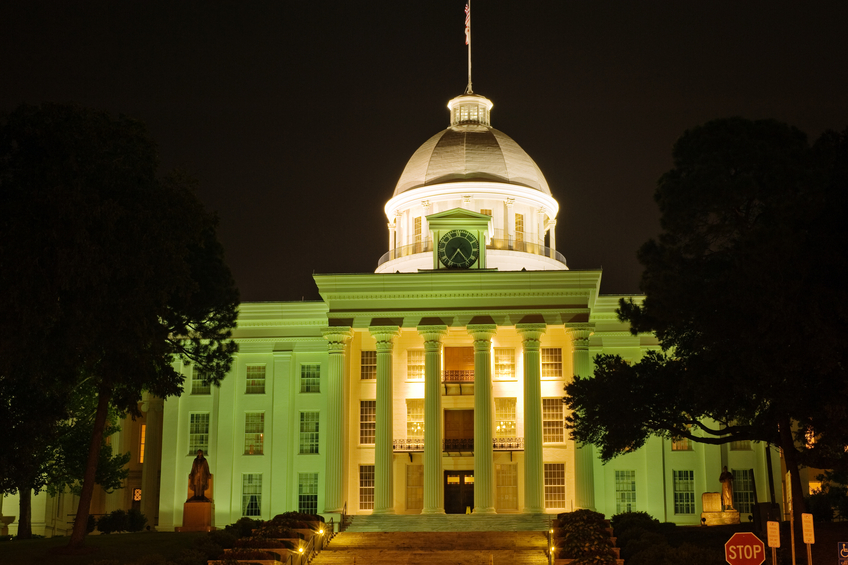Hillary Clinton’s failure to break the proverbial glass ceiling in American politics came up a little short. More than 100 men have been nominated for president by the nation’s political parties over the past 220 years. She was the first female to be the nominee of one of the two major parties.
After Hillary became the Democratic nominee last year, former Colorado Congresswoman Patricia Schroeder, who ran for president in 1988, said it best, “It’s been the ultimate tree house with a no girls allowed sign posted on it.”
Nevertheless, national studies have indicated that women still face a double standard when it comes to political campaigns. These surveys reveal that voters will support a male candidate they do not like if they believe he is qualified. However, they are less likely to support a female candidate they think is qualified unless they also like her. Therefore, it appears that for women candidates likeability is intrinsically linked to electability.
However, when it comes to honesty and trustworthiness women have an enormous advantage. Voters simply trust women more than men. A study done by the respected Pew Research Center Poll revealed that 31 percent said women were more honest and ethical than men. Amazingly only three percent said men were more honest and ethical.
I have observed and stated that same opinion for years. My observation when I was in the Legislature was that women legislators were more honest, forthright and more diligent in their duties. Other political experts have espoused this same belief, especially, when it comes to Alabama’s politics.
In the 1990’s the nation’s business community brought the political guru, Karl Rove, to Alabama to help elect a pro-business state supreme court. He was successful in his endeavor. As he departed the state he left an emphatic statement, “If you want to hold the court in Republican pro-business hands, the best candidate is a conservative female Republican, preferably one who has experience as a Circuit Judge.” Voters simply trust women more and especially for judgeships. We now have a record number of women on our State Supreme Court and Courts of Appeals.
There is no question that women in Alabama have an inherent advantage on the ballot in state judicial and secondary statewide races. If you put the name John Doe on a ballot against Jane Doe in Alabama and neither does any advertising and voters simply show up and vote in a secondary statewide race, Jane Doe will win every time.
However, a survey conducted by the Center for Women and Politics at Rutgers University ranks Alabama 46th in the nation for women serving in the legislature. We are indeed inexplicably underrepresented by women in the State House and Senate. Although today we have numerous ladies in statewide office. Kelli Wise and Lyn Stuart are premier justices on the State Supreme Court. Judges Beth Kellum and Mary Windom serve with distinction on the State Court of Criminal Appeals. Judge Terri Thomas of Cullman is outstanding on the State Court of Civil Appeals. Kay Ivey is our Lieutenant Governor and Twinkle Cavanaugh serves as President of the Public Service Commission.
In the course of history, it has not been that long that women were given the right to vote. The 19th Amendment to the Constitution gave women suffrage. Alabama’s legislature voted to ratify the 19th Amendment in 1953. However, Women began to be elected statewide in Alabama long before other so called progressive states. Beginning in the 1950’s women dominated the offices of Secretary of State, State Auditor, and State Treasurer to such an extent that they became known as “the ladies offices.”
The first woman elected to a statewide office was Sybil Poole who won the Secretary of State office in 1946. She was soon followed by the legendary Agnes Baggett and then Mary Texas Hurt Garner and Melba Till Allen. These women would simply swap the posts of Secretary of State and State Treasurer after their term limits.
By the time Lurleen Wallace became the first female governor in 1967, women held almost half of Alabama’s constitutional offices. It may be time for another female governor. Twinkle Cavanaugh or Kay Ivey or someone else may make the leap. We will see.
See you next week.
Steve Flowers is Alabama’s leading political columnist. His weekly column appears in over 60 Alabama newspapers. He served 16 years in the state legislature. Steve may be reached at www.steveflowers.us.


